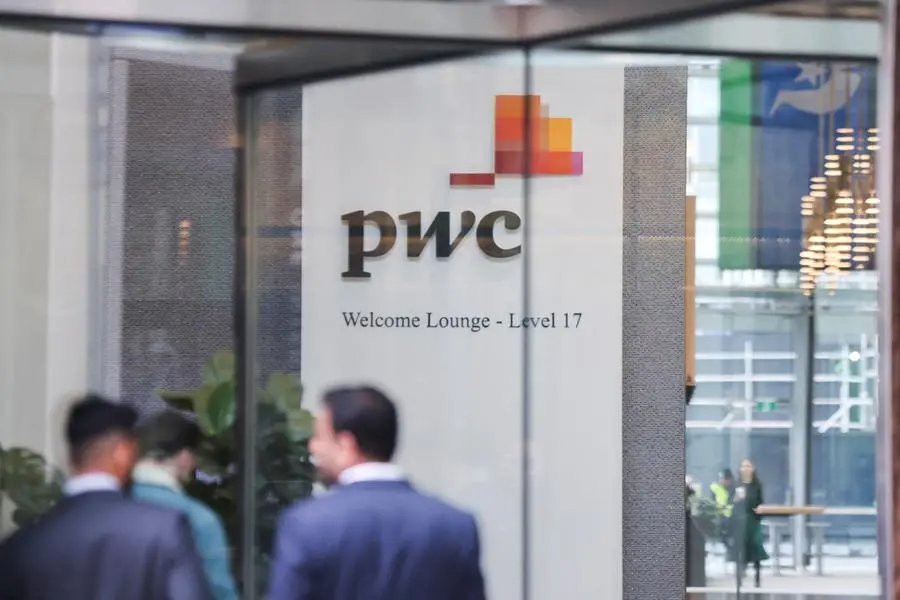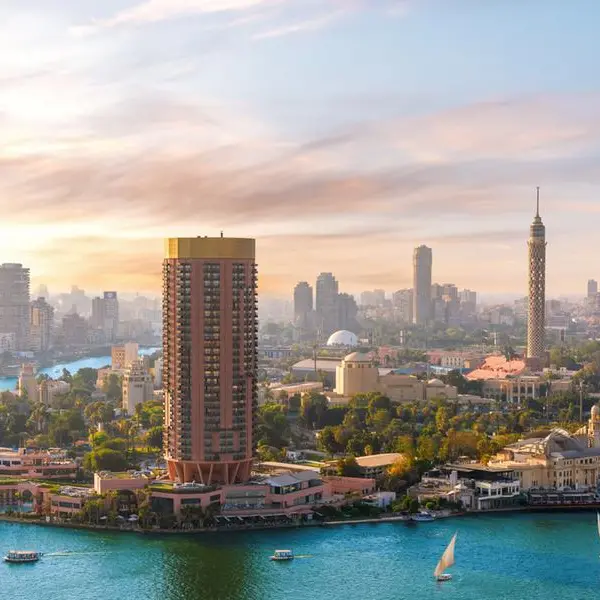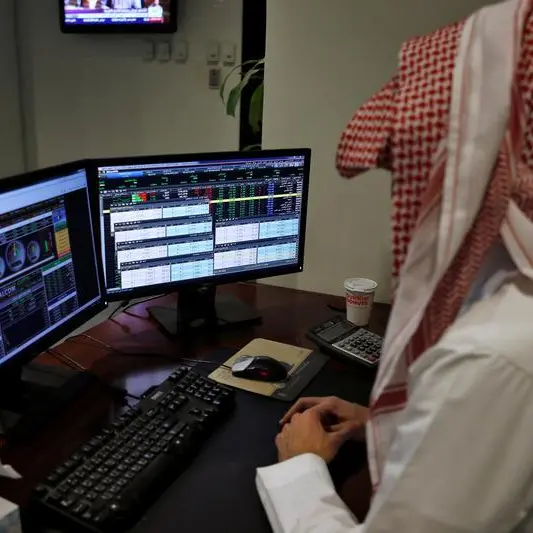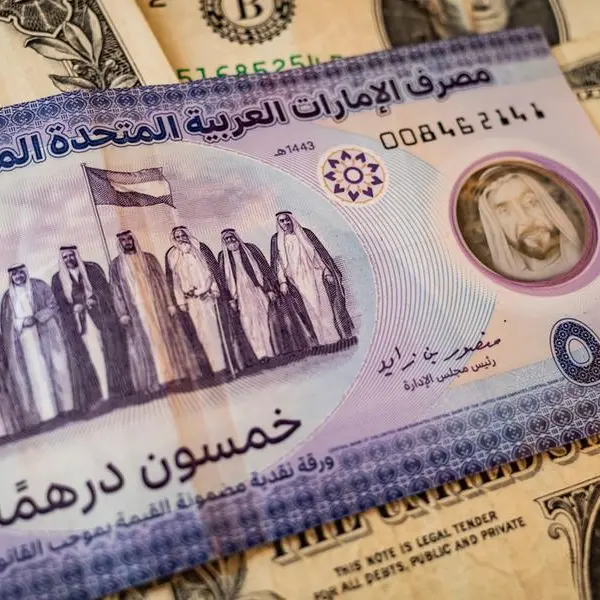PHOTO
Doha, Qatar: According to the 2024 TransAct report by PwC Middle East, a heightened on-ground interest and an increased appetite will drive deal activity into a new era of growth and opportunity, across diversified areas of investment in the region.
Titled “Strategic growth beyond oil: Economic diversification and decarbonisation expected to boost deal making in the region’’, the latest TransAct report highlights that despite the global macroeconomic and financial headwinds experienced in 2023, the Middle East’s deal market remains promising.
Despite the slower growth rate experienced by the global economy, the Middle East has remained resilient, supported by solid economic fundamentals and supportive government policies. This resilience has boosted stability and investor confidence in the region, leading to a relatively active deal market compared to other regions that have been more susceptible to higher interest rates and recessionary fears.
Based on the report, the market is buoyed by the region’s solid economic fundamentals and supportive economic policies, with member nations undergoing digital transformation, strengthening their non-oil sectors and driving energy transition initiatives.
As businesses aim to gain a competitive edge, PwC Middle East experts suggest that they can leverage transactions, such as M&A, divestments, joint ventures, or refinancing to accelerate their progress and acquire new capabilities or strengthen their positioning in the market. Despite notable declines in comparison to 2022, it is anticipated that the deal market will remain active and grow in many sectors in 2024 as governments continue to advance their strategic agendas and diversify their economies.
Romil Radia, Regional Deals Clients & Markets Leader at PwC Middle East, commented: “The Middle East’s M&A market has shown remarkable resilience, which has boosted investor confidence in the region and led to an increase in active dealmaking. We anticipate that 2024 will be a year of growth and activity will be driven by economic diversification goals, decarbonisation, and a focus on localisation and value creation, as organisations transform their business models and look to expand capabilities.”
Also commenting on the report findings, Imad Matar, Transaction Services Leader at PwC Middle East, said: “Deal making has remained resilient in Saudi Arabia, given its keen focus on the national development agenda. We see an expansion of activity in the non-oil private sectors, particularly infrastructure, industrial manufacturing, and clean technology industries. In 2023, Saudi Arabia saw less substantial declines in deal volume. IPO activity has also remained strong and we are confident that the region will continue to see a strong pipeline coming through in 2024.”
He also added: “We expect the positive momentum to continue as the government privatises state assets and encourages private sector companies to list in a bid to attract investment, push reforms and move away from dependency on fossil fuels.”
The report discusses net-zero targets and energy transition considerations that are opening up new funding opportunities for the development of critical infrastructure and technology, from hydrogen to wind, solar, and carbon capture.
Moreover, there is a growing willingness and demand among companies to invest in clean energy.
Another sector with significant potential for dealmaking growth in 2024 is technology, with areas such as cybersecurity, cloud computing, and e-commerce well placed to attract investments. The Middle East’s active adoption of the digital revolution has further accelerated this trend, with countries like Saudi Arabia, UAE, Qatar and Bahrain, outlining economic visions that involve substantial adoption of advanced technologies, including Gen AI.
PwC Middle East experts advise that attracting and retaining talent should also be high on the agenda, with a focus on proactive skills development and education to prepare the workforce for the evolving business landscape.
To stay competitive, businesses and wealth funds must remain agile and adaptable, leveraging dealmaking as a means to navigate market developments, with a particular emphasis on technology, innovation, infrastructure and renewable energy sectors.
© Dar Al Sharq Press, Printing and Distribution. All Rights Reserved. Provided by SyndiGate Media Inc. (Syndigate.info).





















